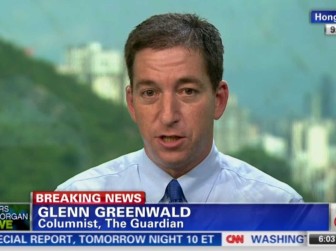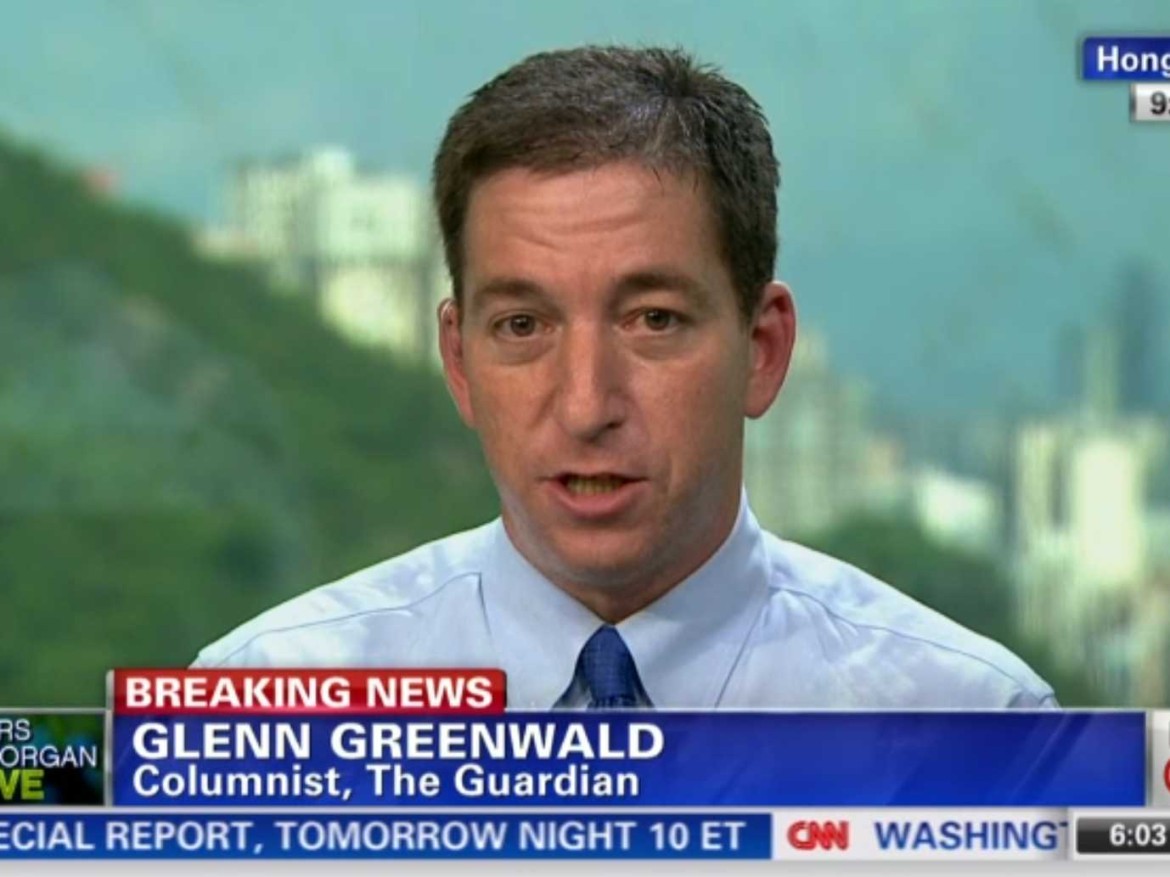Glenn Greenwald, the Guardian journalist who since June has broken a series of stories on NSA spying, will speak on a showcase panel at the Global Investigative

Journalism Conference in Rio de Janeiro this October.
Greenwald will talk about government secrecy and his work uncovering the NSA’s global surveillance programs.
Greenwald’s latest revelation, published in The Guardian last week, bared how the NSA’s XKeyscore program collects extraordinary amounts of online data from users around the world. Earlier in the week on CNN, Greenwald engaged in a debate with the New Yorker’s Jeffrey Toobin over the fate of Bradley Manning, who was recently acquitted in a U.S. military court of the charge of aiding the enemy, butconvicted of violations of the Espionage Act for his leaks to the website WikiLeaks.
“If you’re sufficiently rich and powerful and well-connected in Washington, the laws don’t apply to you,” Greenwald told Toobin, who defended the guilty verdict. “You don’t get punished. The only people who do are people like Bradley Manning.” Greenwald compared Manning with Pentagon Papers leaker Daniel Ellsberg. “People inside the government with a conscience come forward when they find out things that their government is doing that are wrong and they disclose it to the world through media outlets and journalism. If you think that’s criminal, you’re essentially calling for the end of investigative journalism. That’s what investigative journalism is about.”
Greenwald is a columnist on civil liberties and US national security issues for The Guardian. A former constitutional lawyer, he was until 2012 a contributing writer at Salon. He is currently working on a book based on his NSA reporting, which, according to its publisher, will “contain new revelations exposing the extraordinary cooperation of private industry and the far-reaching consequences of the government’s program, both domestically and abroad.”
The Global Investigative Journalism Conference is the world’s premier international gathering of investigative reporters. The conference will be held at the Pontifical Catholic University of Rio de Janeiro, Brazil’s first private university, from October 12 to 15.

